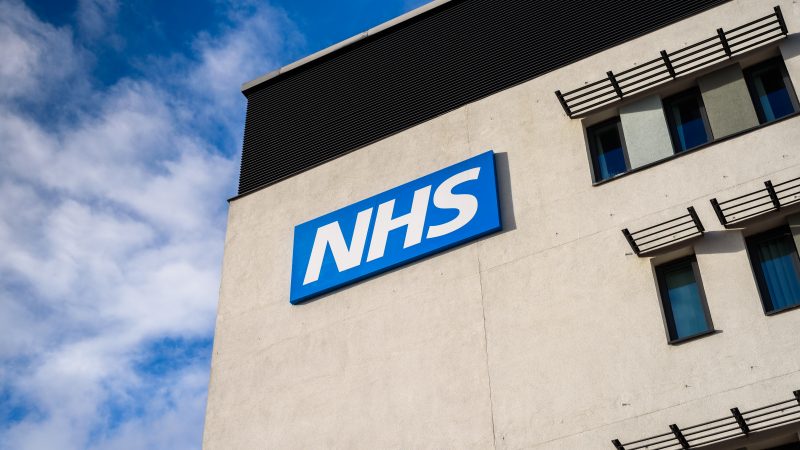
The Royal College of Nursing’s ballot of members on the new NHS pay deal closed at 9am this morning. The RCN – alongside other unions representing healthcare workers, including Unite, UNISON and the GMB – reached a settlement in March that the government and unions described as “fair and reasonable” in a joint statement. The offer, finalised after months of industrial action in the health service, would see staff receive a one-off payment of 2% of their salary plus a Covid recovery bonus of 4% for the financial year 2022/23, along with a 5% pay increase for 2023/24. Unions including the RCN, UNISON and the GMB said they would recommend that members accept the new offer. Unite, however, said it could not recommend the deal but added that members would have the final decision. The result of the RCN’s ballot will be announced later today. UNISON’s ballot closes at 3pm, while members of Unite and GMB have two further weeks to consider the deal.
The RCN is reportedly preparing for its members to reject the pay offer, despite its recommendation, with both ITV News and the Guardian hearing that the vote is thought to be very close – with strikes expected to recommence should members choose to turn down the offer. Within hours of the deal being reached, health staff across the various unions had begun to campaign against the deal. The NHS Workers Say No group said in a statement following the announcement: “This is an attempt by the government to end our dispute, but it will not solve the long-term recruitment and retention crisis.” The statement continued: “A bigger strike mandate from a bigger portion of the workforce would shift the government even further.”
The next stages of the process if the RCN or one of the other unions decide to reject the deal are somewhat uncertain. According to Politico, the NHS staff council – which oversees pay for nurses and other NHS workers covered by the Agenda for Change system – is due to meet on May 2nd to decide on the pay offer. A senior official with knowledge of the process told the outlet that each member of the council gets a weighted vote based on the size of their membership, with the deal only needing a simple majority to pass, meaning it could possibly be implemented without every member of the council being in favour.
A rejection of the deal and return to strikes would be deeply embarrassing for Rishi Sunak, who confidently asserted on the day of the offer’s announcement that it would “put disruptive strike action behind us”. A ‘no’ vote today from the RCN would come on top of the apparent stalemate ministers have reached with junior doctors, who this week have been taking part in four days of strike action. The pay offer being considered by other unions does not cover doctors, who are on a different contract. Staff represented by the British Medical Association (BMA) are calling for full pay restoration, following what they say has been a 26% real-terms pay cut since 2008/9. The government argues that this would amount to a 35% pay rise and has said staff must “significantly reduce” their demand and pause strike action before formal talks can begin. The increasingly acrimonious dispute has seen aggressive criticism in the press of BMA junior doctors committee co-chair Robert Laurenson for being away during the strikes to attend a friend’s wedding. In news that may shock some right-wing commentators, even union leaders are entitled to take annual leave.
Sign up to LabourList’s morning email for everything Labour, every weekday morning.



More from LabourList
‘I was wrong on the doorstep in Gorton and Denton. I, and all of us, need to listen properly’
‘Why solidarity with Ukraine still matters’
‘Ukraine is Europe’s frontier – and Labour must stay resolute in its defence’